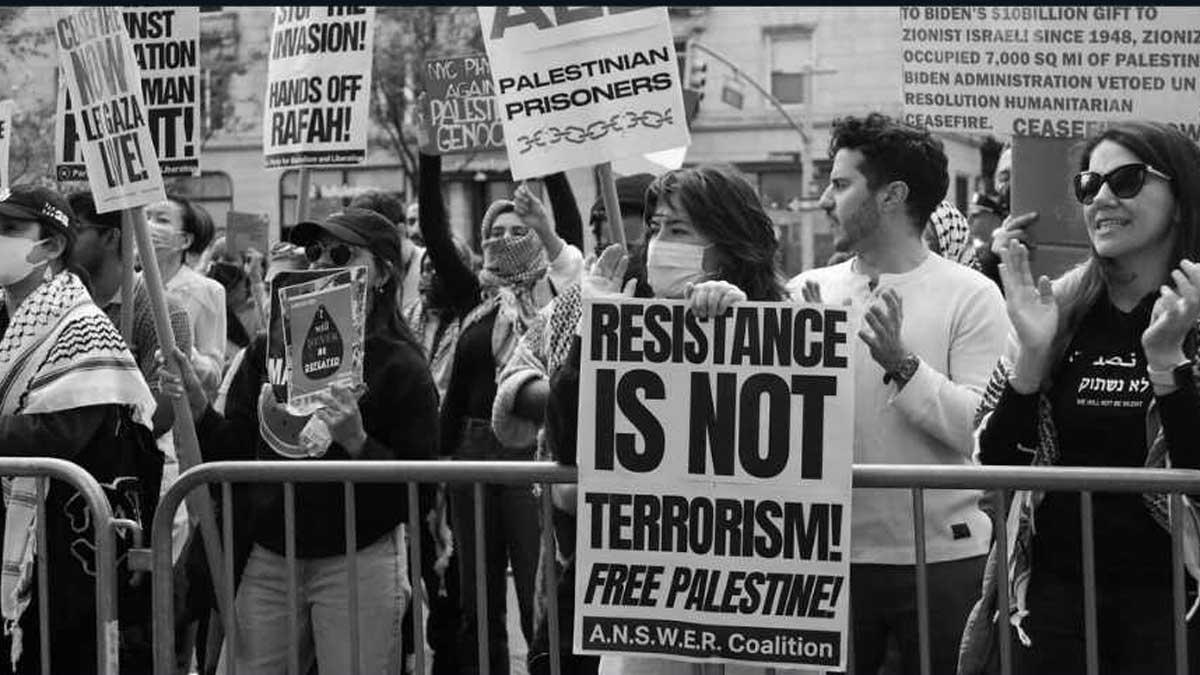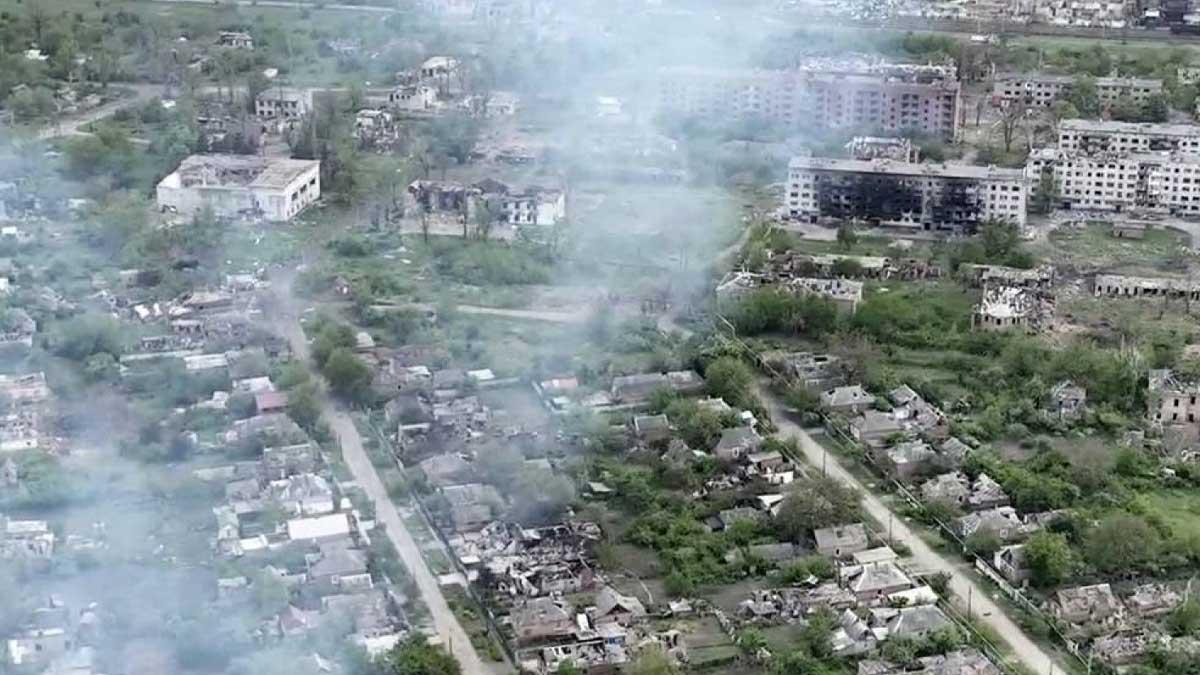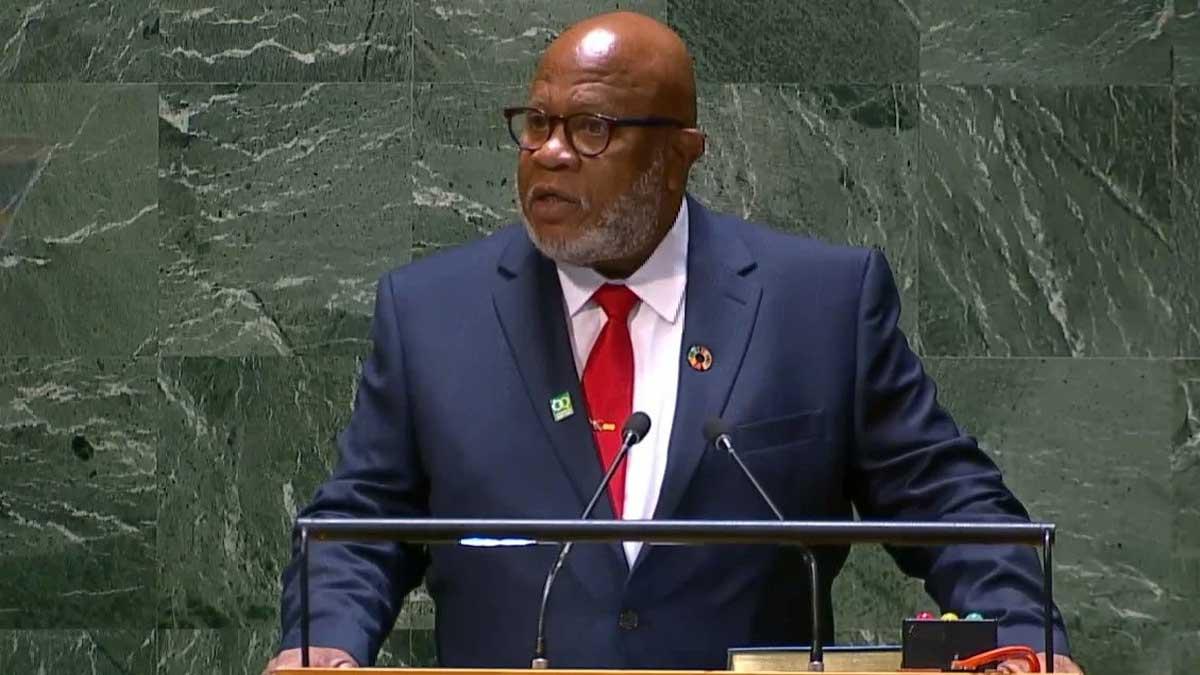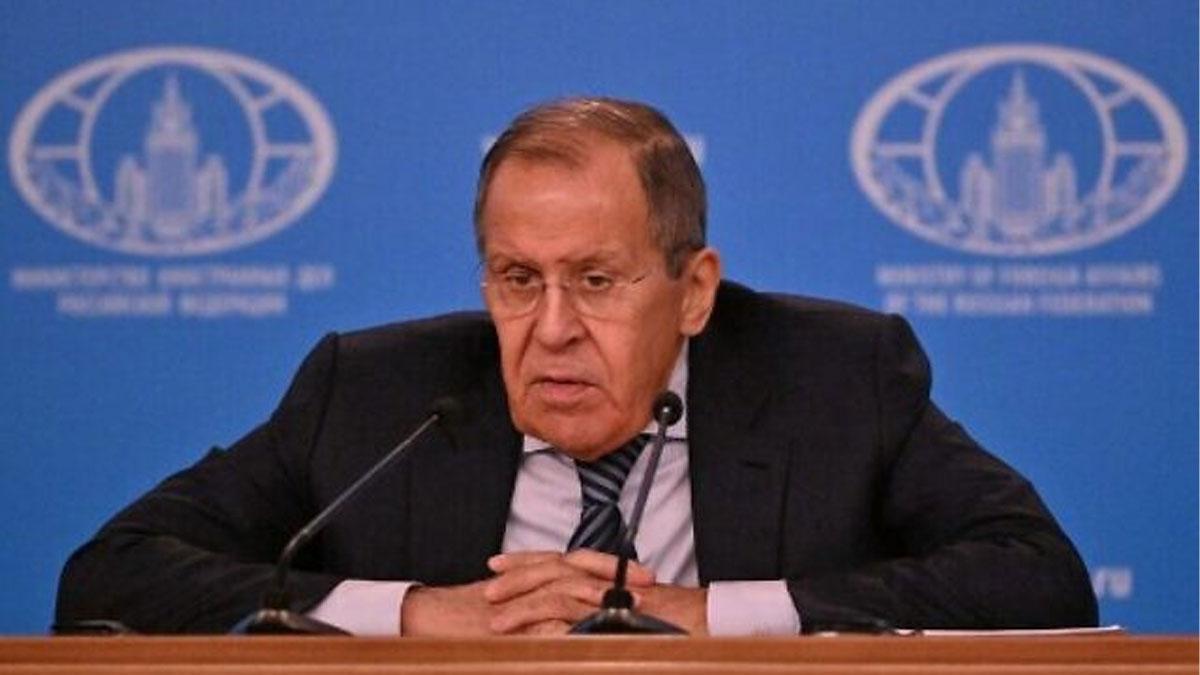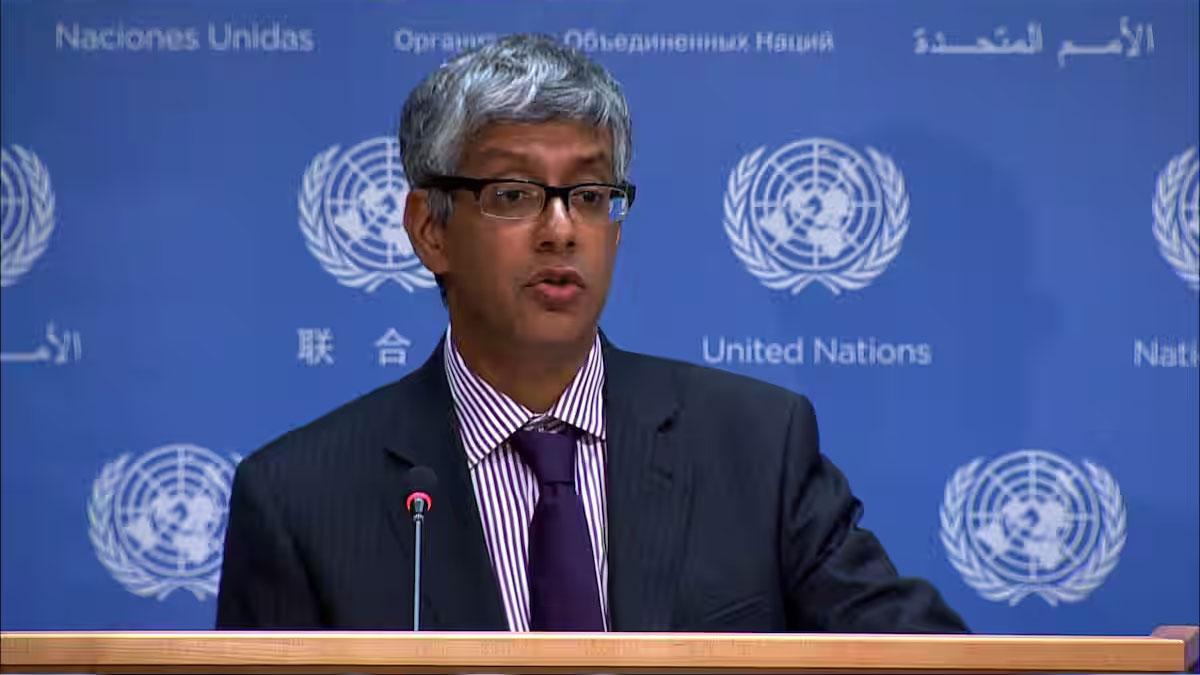Hundred protestors were arrested and speaking out since the movement started on the streets of New York at Columbia University, speaking out against the Israel-backing Washington on campuses across the country. In fact, it is one of the rarest cases that police have had to canter onto campuses.
The crux of the demonstrations is also evident; students demand that the US stop supporting Israel, more so following the recent Israel-Hamas conflict in Gaza, which cost more than 30,000 lives, most of them civilians. The students also demand that their universities start disengaging with Israel and even divest from any gun-making company.
There are reports of student arrests in many premier universities, for example, the University of Texas in Austin, New York University, Yale, Ohio State University, and in Southern California. In addition, protest campuses modeled after Columbia have sprung up in Harvard, MIT, and in the University of California, Berkeley.
The rifts are deepening, political leaders such as the Speaker of the House, Mike Johnson, have entered the fray criticizing the demonstrators and even going so far as to demand that college campus presidents resign—accusing them of losing control of their institutions.
Universities have even threatened to lose federal funding and, in extreme cases, bring in the National Guard should the student protestors not rein in the demonstrations—under President Biden's watchful gaze.
The demonstrations have not passed without controversy. The clamors for Palestine to be free have been interpreted by some as a call for Israel to be destroyed. This, coupled with news of anti-Semitic attacks on Jewish students, begs the question of where student rights end and student safety begins.
University administrators sit on the wire, criticized from all quarters of the political compass. Critics on the right condemn them for doing too little to protect students; critics on the left pillory them for being too brutal, especially when disciplinary action is taken against protesters.
Amidst all this, the call by Columbia University President Nemat Minouche Shafik to the police has stirred quite a storm in a teacup. Although a few people are on her side, the majority of the population at Columbia are royally against her move.
Some have even gone to the extent of trying to justify the communalism-based threats and vandalism against any persons based on their religion. Jewish students have felt personally threatened and, as symbols of US and Israeli identity have been burned, one can only imagine that this is only the beginning.
In this circumstance, Speaker Johnson has pressed the need to fight hatred and anti-Semitism on campus, calling on the entire university community to work together to avoid letting such sentiments find root. But, in the midst of escalated tension, it's not just Jews who have been threatened—Muslim communities have also been targeted, and a total approach to the safety and well-being of all students must be focused on.
Read also | China Accuses US of Interference in its Affairs Ahead of Blinken Visit: Report
Read also | Russian Veto Blocks UN Resolution Against Space Arms Race

